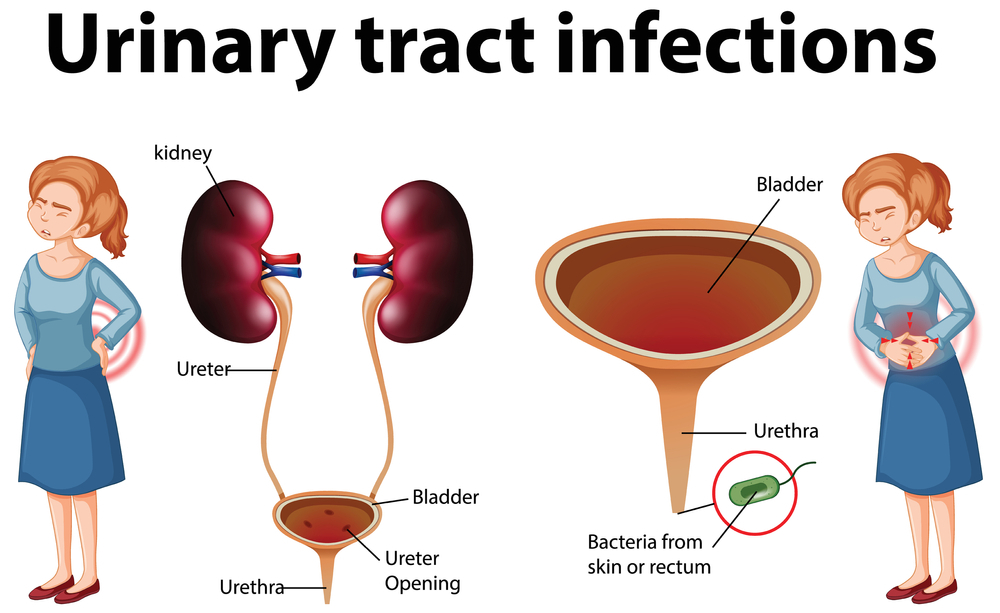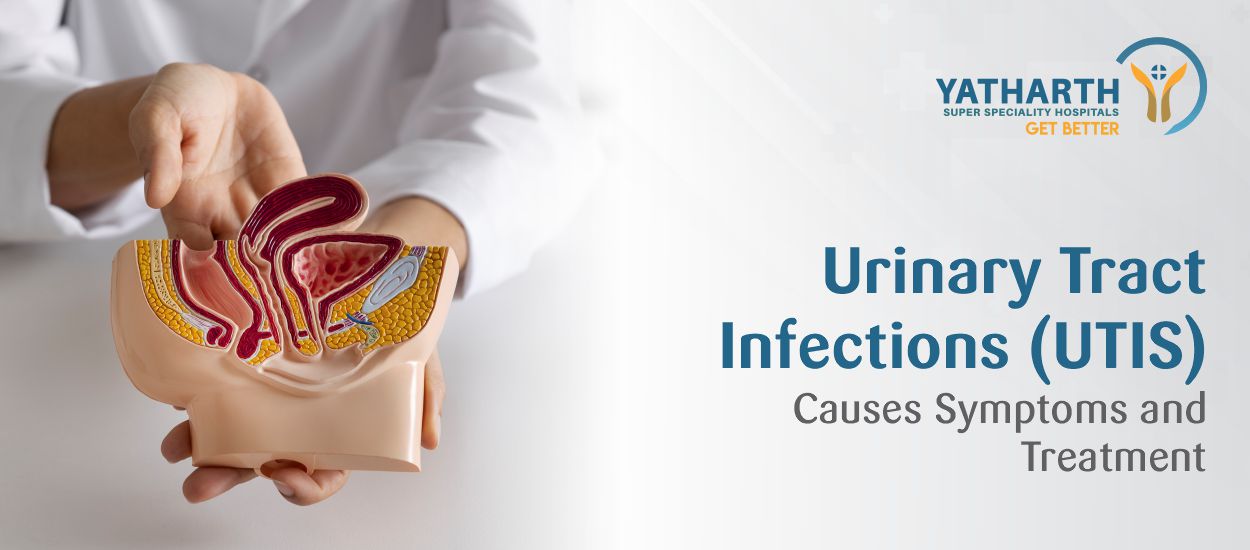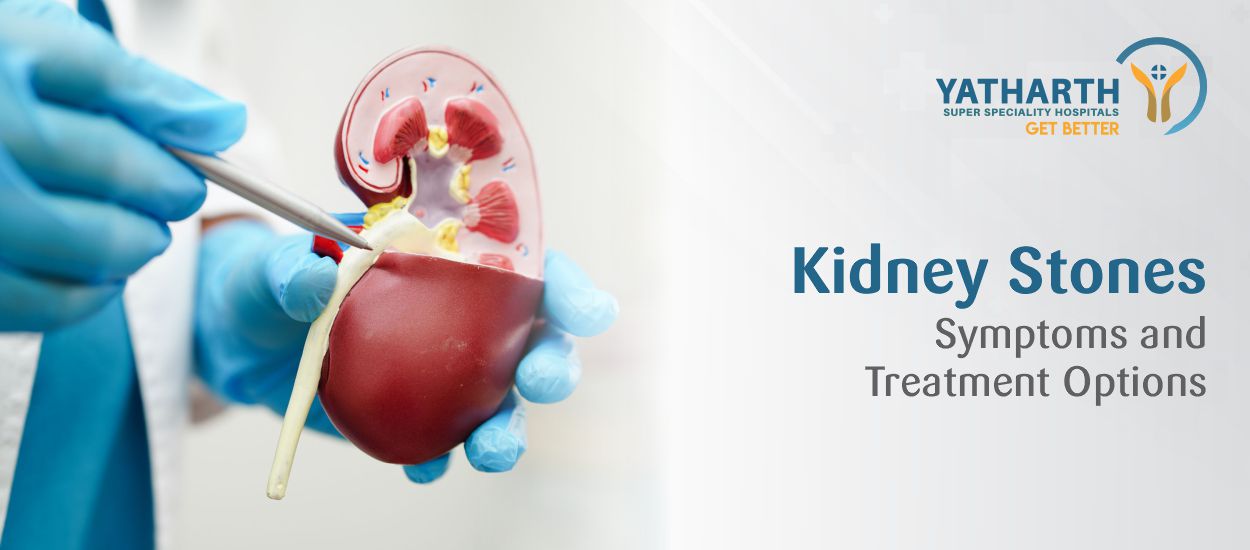Urinary Tract Infections (UTIs) are a common health problem that affects millions of people every year. It is estimated that more than 50% of women will experience at least one UTI in their lifetime, while men are less likely to develop UTIs. In this blog post, we will discuss the causes of UTIs, symptoms, risk factors, and treatment options available.
Understanding the Causes of UTIs
Bacteria that enter the urinary tract and multiply cause UTIs, which lead to infection. Escherichia coli is the most prevalent form of bacteria that causes UTIs (E. coli). This bacteria is prevalent in the digestive tract and can enter the urethra through sexual contact, poor hygiene, or using a contaminated restroom. Klebsiella, Proteus, and Enterococcus are other bacteria that can cause UTIs.
How is urinary tract infections (UTIs) diagnosed?
Urinary tract infections (UTIs) are diagnosed through a combination of physical examination, medical history, and laboratory tests. Your urologist in Noida or the best urology hospital in Delhi NCR will ask about your symptoms and medical history, perform a physical examination, and may order a urine culture test.
This test involves collecting a urine sample and sending it to a laboratory for analysis to identify the type of bacteria causing the infection. Other tests, such as blood tests or imaging tests, may be ordered if the infection is severe or if other underlying conditions may be contributing to the UTI. Prompt and accurate diagnosis is essential for effective treatment and preventing complications.
Complications of a urinary tract infection (UTI)
Urinary tract infections (UTIs) are common conditions that affect millions of people each year. While most UTIs can be easily treated with antibiotics, they can sometimes lead to complications. If left untreated, a UTI can spread to the kidneys, causing a more severe infection known as pyelonephritis. This can lead to permanent kidney damage, scarring, or even kidney failure. UTIs can also cause sepsis, a life-threatening condition that occurs when an infection spreads to the bloodstream. Pregnant women with UTIs are at an increased risk of delivering a premature baby or a low birth weight baby. Recurrent UTIs can also cause bladder or kidney stones, which can lead to chronic kidney disease. It is essential to seek medical attention if you experience any symptoms of a UTI to prevent these potential complications.

Symptoms of UTIs in Men and Women
- Pain or burning sensation during urination
- Frequent urination
- Cloudy or strong-smelling urine
- Blood in urine
- Pain in the lower abdomen or back
- Fatigue or weakness
- Fever or chills
Who is at Risk for UTIs and Why?
- Being female
- Being sexually active
- Using certain types of birth control
- Having a history of UTIs
- Having a weakened immune system
- Using catheters
- Having an enlarged prostate gland in men
- Drinking plenty of water to flush out bacteria
- Drinking cranberry juice or taking cranberry supplements, which may help prevent bacteria from sticking to the urinary tract walls
- Applying a heating pad to the lower abdomen to relieve pain
- Avoiding irritants such as caffeine, alcohol, and spicy foods
- Taking over-the-counter pain medication
Treatment Options for UTIs: Antibiotics and Beyond
- Pain medication to relieve discomfort
- Urinary tract analgesics to numb the urinary tract and reduce pain
- Antifungal medication if the UTI is caused by a fungal infection
- Surgery in rare cases where an abnormality in the urinary tract is causing the UTI
How to Prevent UTIs: Lifestyle Changes and Tips
- Drinking plenty of water to flush out bacteria
- Wiping from front to back after using the bathroom to prevent bacteria from entering the urethra
- Urinating after sexual intercourse to flush out any bacteria that may have entered the urethra
- Avoiding irritants such as caffeine, alcohol, and spicy foods that can irritate the bladder and urinary tract
- Wearing loose-fitting clothing and cotton underwear to allow air to circulate
- Using a lubricant during sexual activity to reduce irritation and discomfort
- Using a barrier method of contraception such as condoms to reduce the risk of infection
- Maintaining good hygiene, including regular hand washing and keeping the genital area clean















